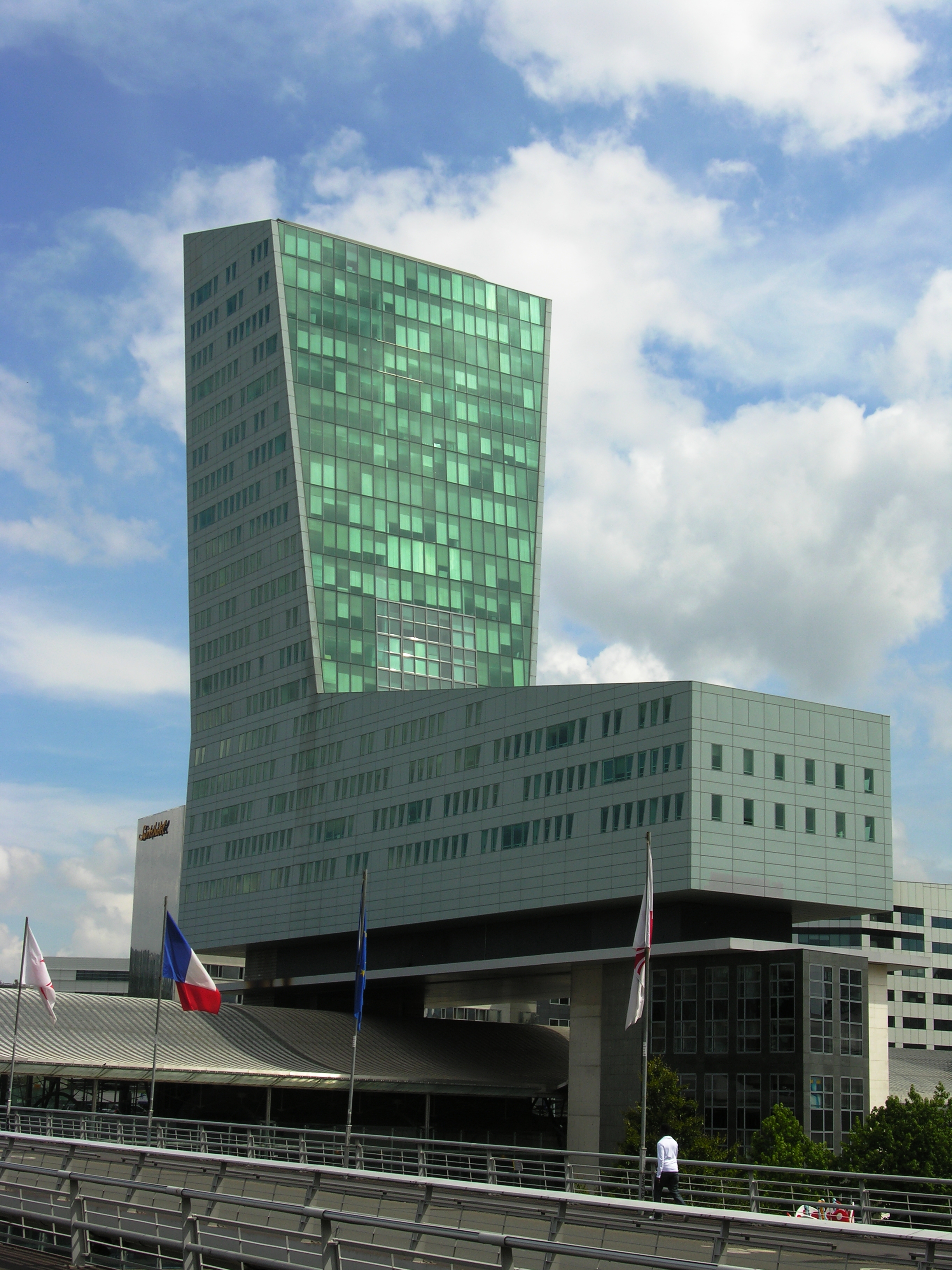May be elsewhere.
Recently delivered a ppt full of bullets and text [hold it; see below], to gather response and feedback. Put in quite some effort, like two days’ driving to the venue, including overnight stay, lunch and dinner costs, transport expense, sweating away at the location (the venue was only a couple of °s cooler than the 30°+ outside) with an extra night stay at the location, plus lunches, dinners, and a return trip of two days’ driving, incl overnight stay, lunch and dinner costs, transport expense, et al (sic).
For … well, not any sort of renumeration or token gift, even. Not, like, a promisingly large room turning out to be less than 40% (rounded way up) filled.
Which wouldn’t be so bad, if suitable, useful feedback had been received, or only publicity gained e.g., through (live or late) tweeting, LI mention or so.
But now, all I got was not even the T-shirt; all I got was 0. As in: zero.
Yes that’s the number of tips (let alone useful ones), or tweets about the pres (let alone far out reaching ones). I did disclaim the fullness of the slides (sic) to give impressions of all the content delivered (did not read them line by line, mind you), and yes I did before, during and after ask for feedback… Only some old hand pre-known friendlies with form/delivery compliments.
Oh well; at least now I know not to submit for free anymore. And/or, is this the beginning of the Classroom Learning Is Dead for trade conferences ..?
Yes, sponsor opportunities will make conferences et al, still feasible economically, but not when attendee rates will go down. Yes, online webinars et al are still bandwidth-challenged and most often, sketchily interactive at best – which is an opportunity for TEDx style beautifully told fairy tales but not for the ability to interrupt and, in particularly necessary very often with these kind of powering-on talks, correct huge biases, false assumptions, and certainly pastiches of logical reasoning, nor for feedback or pointer tips.
So, where are the (affordable…!) online conferences that are worthwhile to visit?
Not 2-way IRL (‘F2F’ like in the olden days of still today) but virtually – warping the meaning of the latter so far beyond its Original, and not taking it to the limit here but having only the channel un-physicalised, even; where is total two-way VR and/or AR in this ..?
Oh well, and:

[Still only had time for ‘drive-by’ i.e. walk-by tourism…; München]















